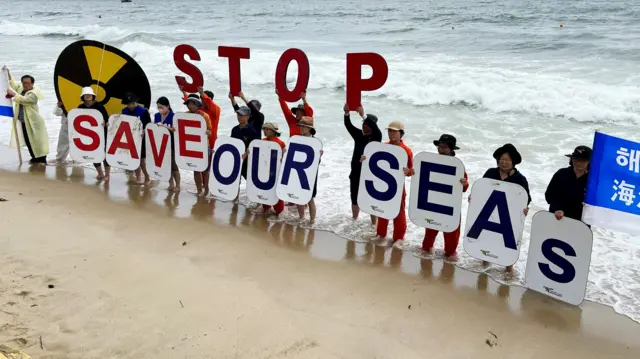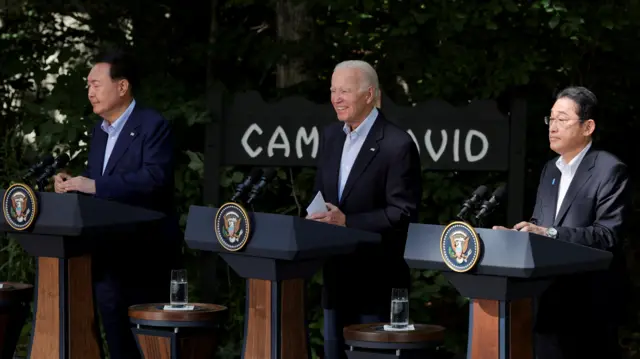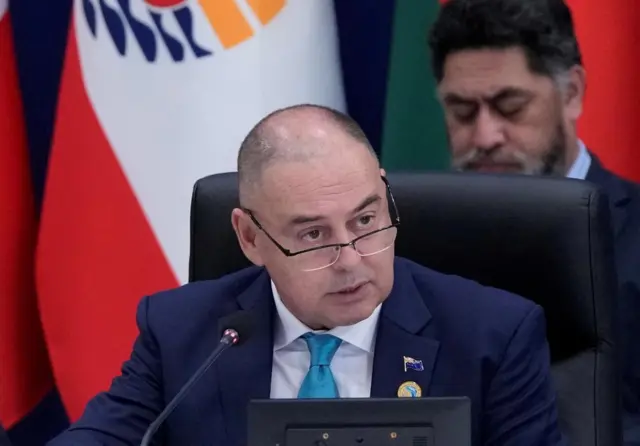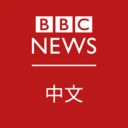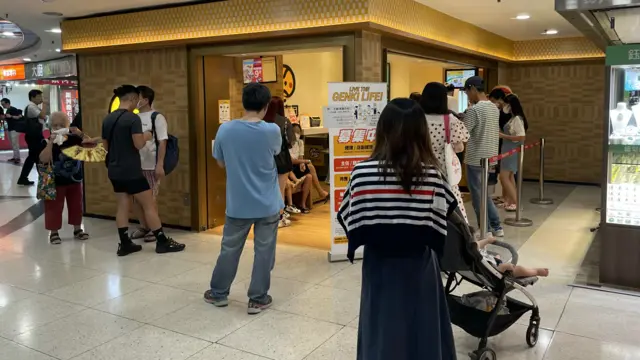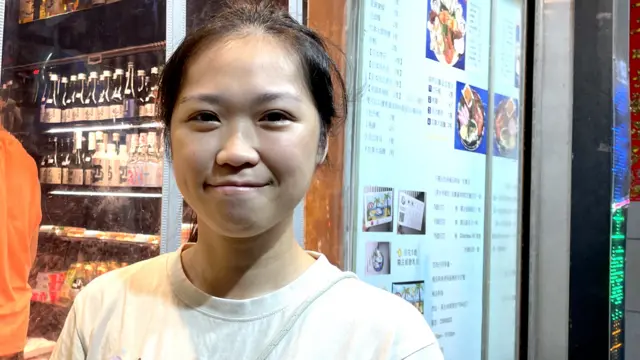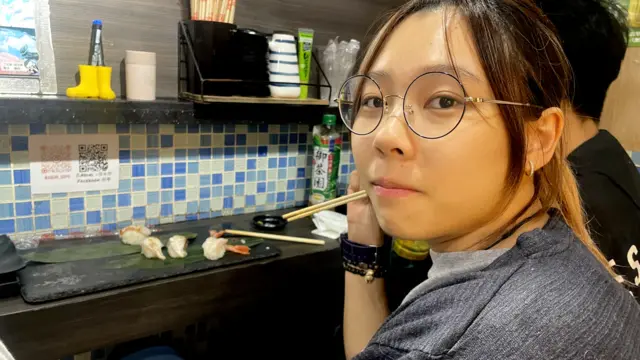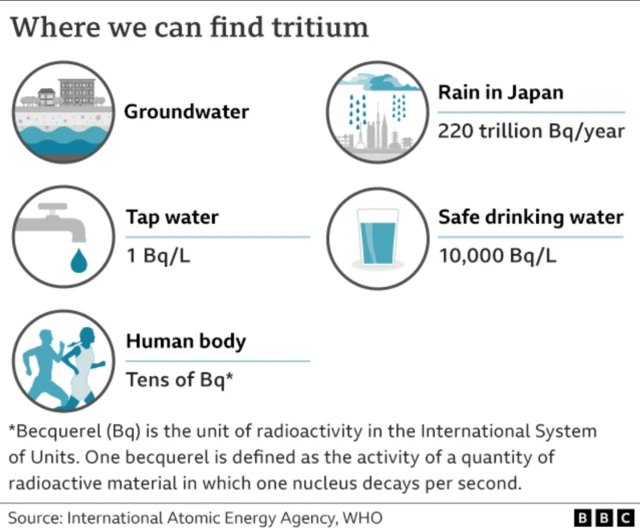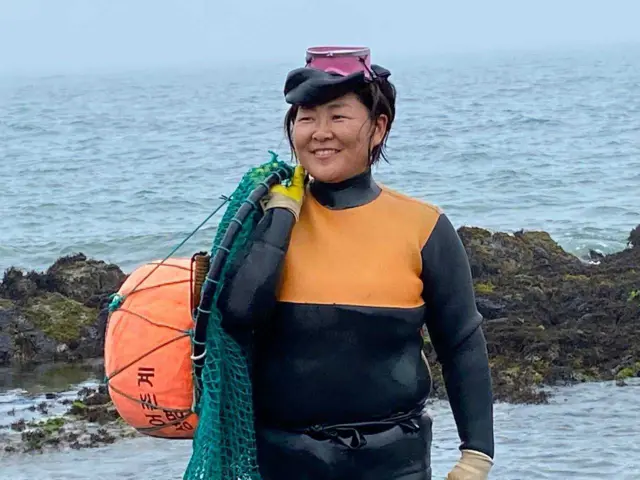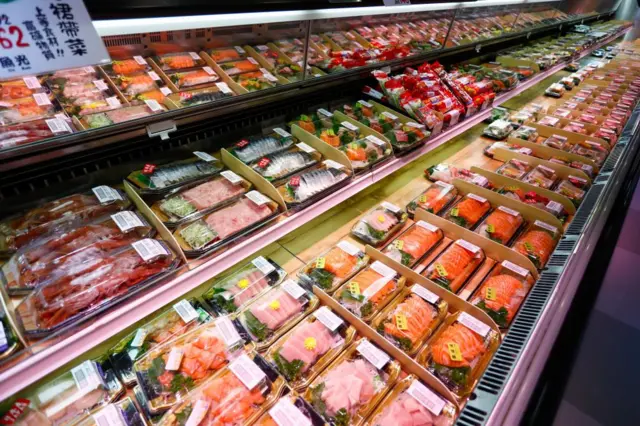Goodbye from uspublished at 10:53 BST 24 August 2023
 Frances Mao
Frances Mao
BBC News
We're going to leave our live coverage of the Fukushima water release here for now, thanks for following along.
- If you want to keep reading about the science and politics of this complex story, head to our main news story
- This explainer is also helpful
Today's page was written by Nicholas Yong, Tiffanie Turnbull, Kelly Ng, Yvette Tan and Sam Hancock - with contributions from our reporters across Japan, South Korea, China and Singapore.
It was edited by Ayeshea Perera and myself.
